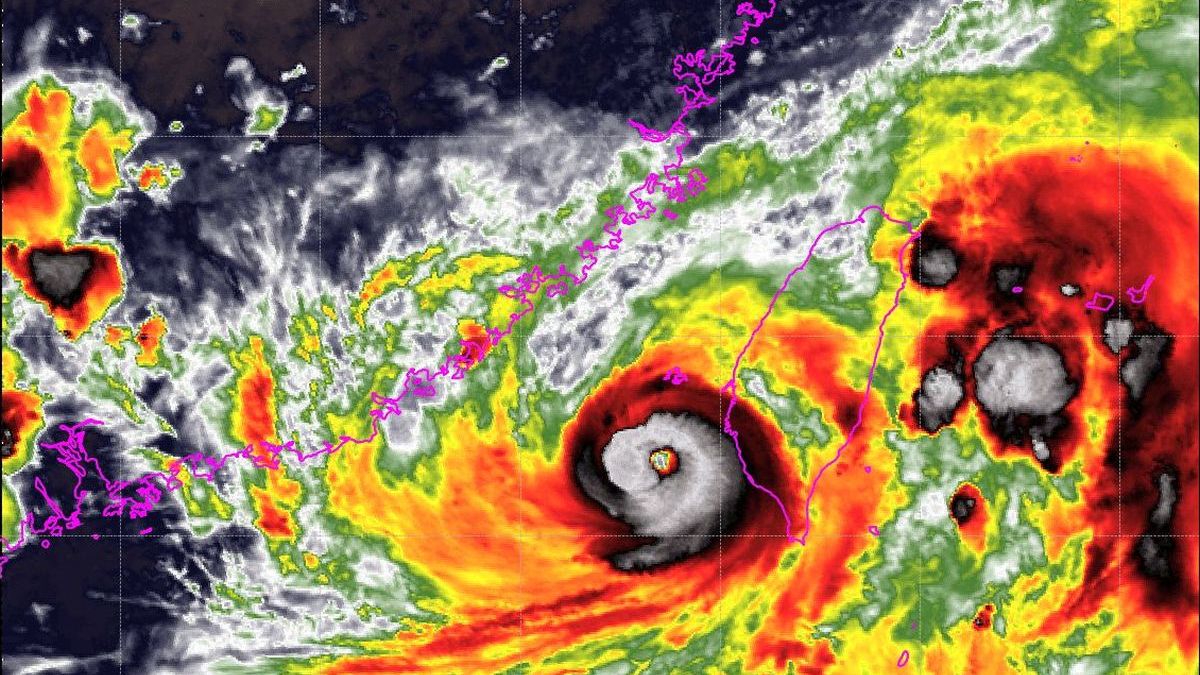Upheaval in Syria
Situation in Syria unstable days after Assad’s fall
Copy the current link
The rebel alliance in Syria quickly brought down the government. But many areas remain out of their control and contested. The conflict between Israel and Iran continues to simmer.
After the fall of ruler Bashar al-Assad in Syria and the withdrawal of his troops, remaining militias continue to fight for control. In the important northern Syrian city of Manbij, militias close to Turkey fought until recently with Kurdish militias supported by the USA. The commander of the Kurdish-led SDF, Maslum Abdi, has now announced a withdrawal from Manbij after a ceasefire with the Turkish-affiliated fighters. But there could be further fighting here and in other parts of the country.
According to experts, Turkey wants to push the Kurdish militias east of the Euphrates River, possibly allowing the pro-Turkish groups to advance further to the Syrian-Kurdish border town of Kobane. The fighting even after Assad’s fall shows that many areas of Syria remain outside the control of the Islamist group HTS, which toppled Assad’s government after a lightning offensive. It is also unclear whether the Ankara-backed Syrian National Army (SNA) will follow the new rules of the interim government that began work in Damascus.
New head of government Al-Bashir wants to ensure security
There, the new head of government Mohammed al-Bashir, who will initially be in office until March, announced an attempted return to normality. Security and stability should be restored in all cities in the country, he told the Italian newspaper “Corriere della Sera”. Al-Bashir was previously head of government in the rebel stronghold of Idlib in the northwest, from which HTS launched the offensive on Damascus and other major cities.
In the civil war that began in 2011, around 14 million people were displaced, around half of whom fled abroad. Al-Bashir called on them to return to their homeland. “Syria is now a free country that has regained its pride and dignity. Come back!” he said.
So far no big rush at Turkish border crossings
Syrians continued to make their way to the border from Turkey, where more than three million Syrian refugees recently lived – but there was no major rush. There were only dozens queuing at the Öncüpinar border crossing, as a reporter from the German Press Agency reported. Since Assad’s fall, around 1,700 people are said to have crossed the border here and at a crossing further west as of Monday.
In addition to uncertainty about what form of government and society the rebel alliance around HTS is striving for in Syria, there are also concerns about the further influence of other states. The declared arch-enemies Israel and Iran fought their conflict with each other in and over Syria for years. Iran has been the Assad government’s main backer alongside Russia, which maintains key military bases in the Mediterranean.
Iran’s head of state: USA and Israel planned to overthrow Assad
Iran’s head of state Ayatollah Ali Khamenei commented for the first time on the fall of Assad and blamed his arch-enemies the USA and Israel. “There can be no doubt that what happened in Syria is the result of a joint American-Zionist plan,” the religious leader said, according to state radio in Tehran. Iran also has evidence of this. A “neighbouring government” also plays a role, he said, probably alluding to Turkey.
Meanwhile, Israel sent sharp warnings to the new rulers in Damascus. Prime Minister Benjamin Netanyahu made it clear that any threat to Israel would be fought relentlessly. He had previously ordered the almost complete destruction of the neighboring country’s military capabilities. Netanyahu said the aim of the bombing of military facilities was to ensure that they did not fall into the hands of jihadists.
The fears of Western countries that the bloodshed in Syria could continue after the fall of Assad are “unnecessary,” said HTS leader Ahmed al-Sharaa, who previously appeared under his nom de guerre Abu Mohammed al-Julani, to the news channel Sky News.
So far, nothing is known about the rebel group’s public statements about Israel’s massive air strikes, in which, according to the army, more than 480 targets in Syria were bombed. According to Israel’s Defense Minister Israel Katz, the neighboring country’s navy was virtually completely sunk. Netanyahu threatened harsh consequences if “the new regime in Syria allows Iran to re-establish itself.”
dpa
Source: Stern
I have been working in the news industry for over 6 years, first as a reporter and now as an editor. I have covered politics extensively, and my work has appeared in major newspapers and online news outlets around the world. In addition to my writing, I also contribute regularly to 24 Hours World.




